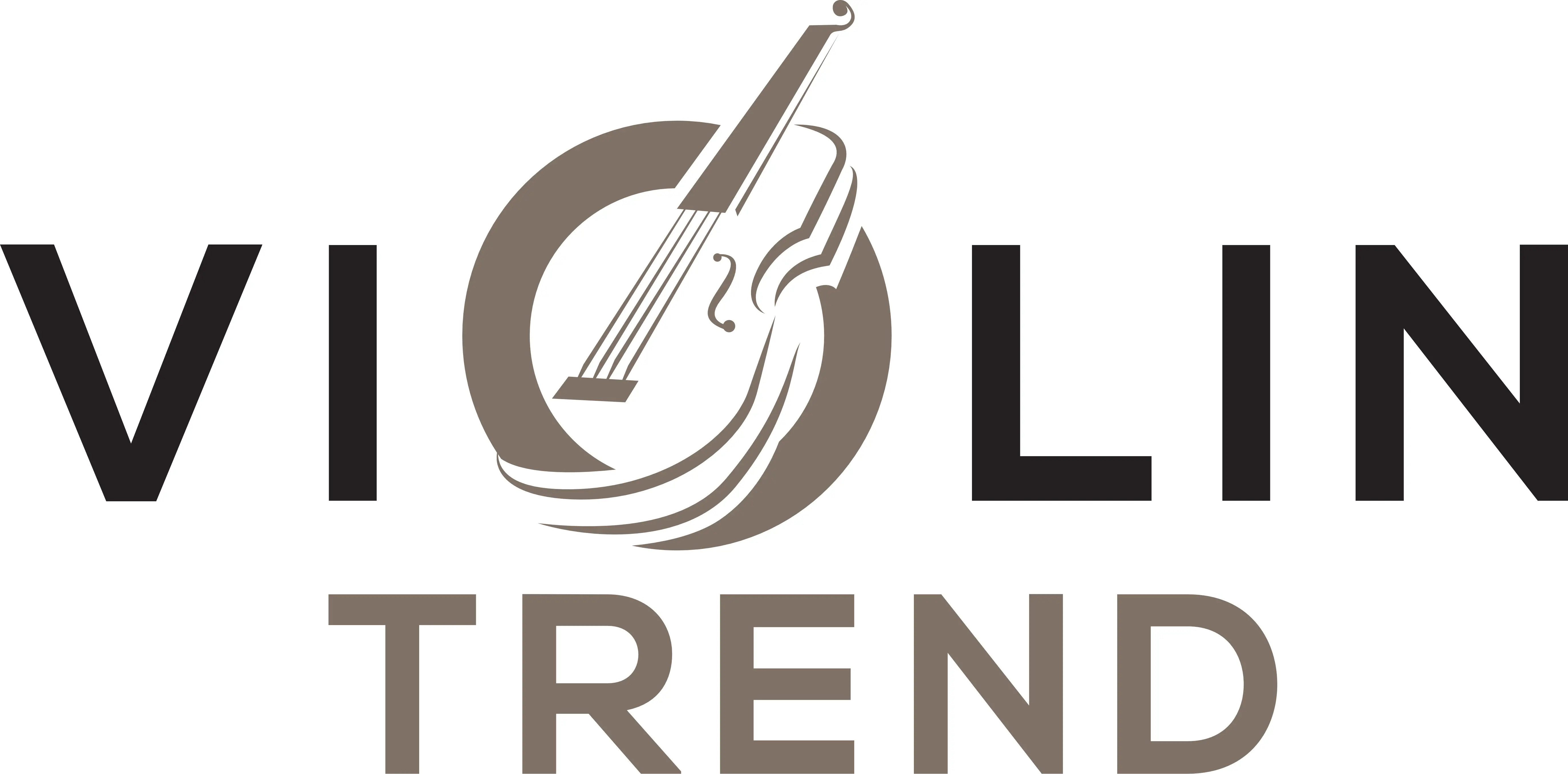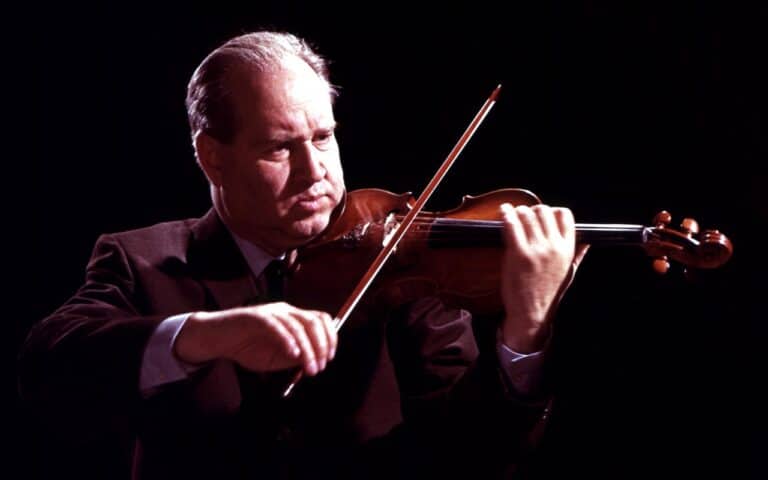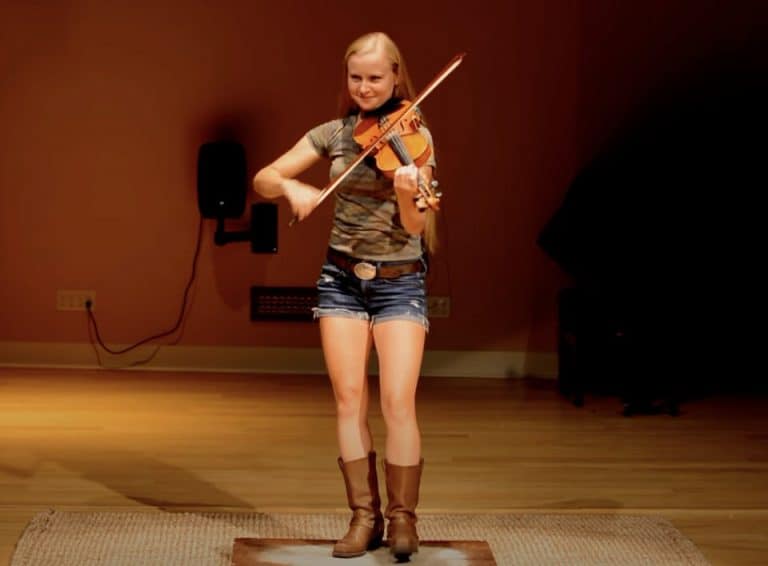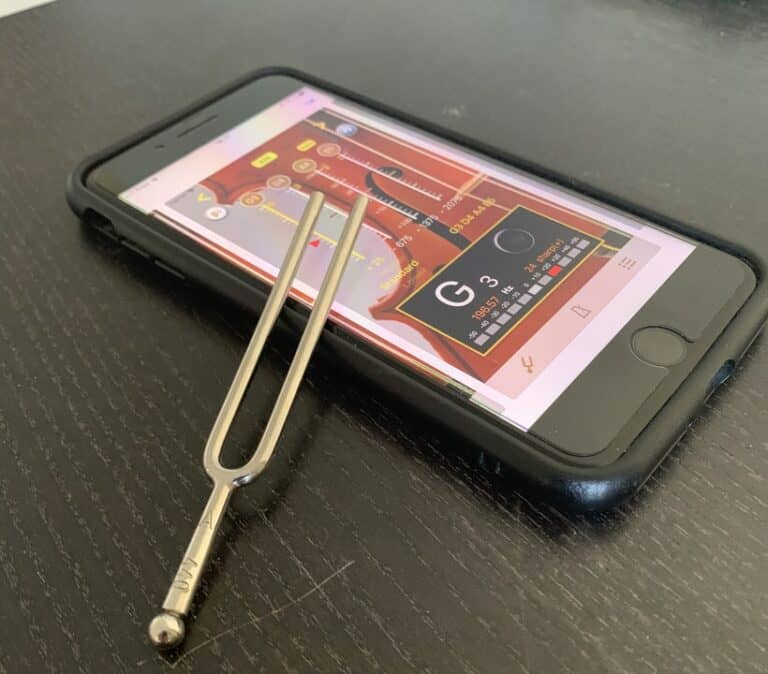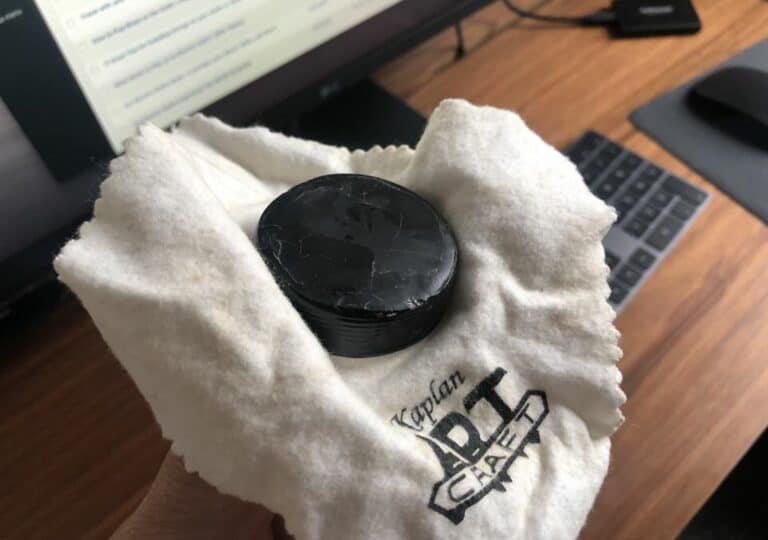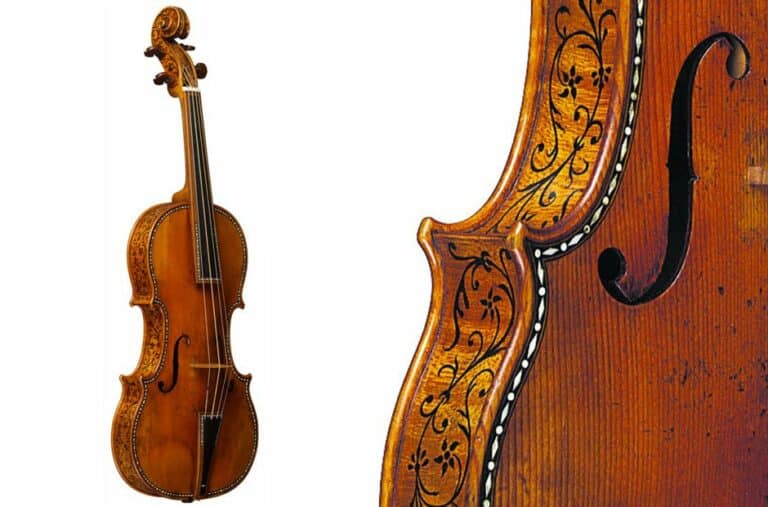Is Violin Good for Kids? 9 important qualities
Is violin too hard for kids? Will my kid be up to the task? Learning the violin is such a daunting task. Are there qualities that my kid can develop from learning the violin anyway?
The answer has proven to be yes; there are many benefits to learning the violin. I have tried to list a few. Many scientific studies have demonstrated them, their role, and their importance in education.
Is violin good for kids, and what are the main benefits of learning the violin when young? For instance, the Journal of Research in Music Education has studied the impact on perseverance and attention for preschool children (source). The Bulletin for the Council of Research in Music Education has demonstrated the role of violin and music education on cognitive development and reading skills (source).
These are the top 9 qualities that your child will develop by learning the violin:
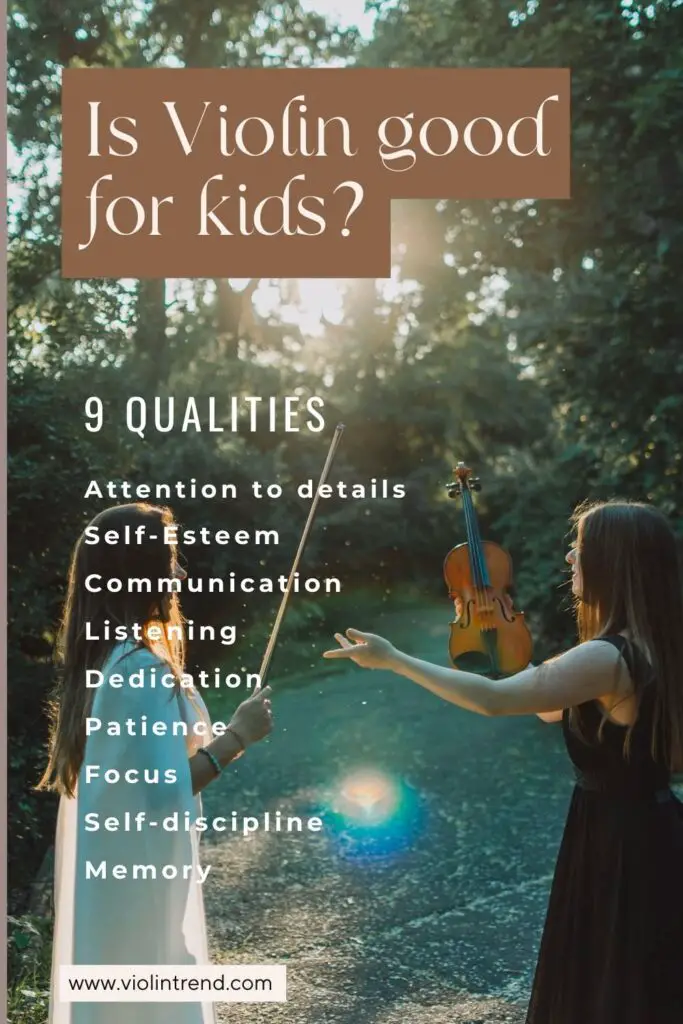
1. Attention to detail
Violin playing is such a fine art, relying on so many parameters, that learning will develop an incredible attention-to-detail type of attitude.
Feeling the weight of the bow, the difference of tension in the bow hair, and its correlated feel and sound. The weight of the arm as opposed to right arm pressure. On the left hand, minor differences in the pressure of the fingers on the fingerboard, and slight differences in position will lead to problems in intonation.
Learning how to play in tune will definitely play a great part in learning finesse, the importance of details, and the awareness of small tiny things and their importance.
2. Self-esteem: a bigger-than-life project
A child who is given the chance to play an instrument understands, although maybe instinctively, his or her importance.
This is not only a game: the child feels something more significant is in play. It is a bigger-than-life project. There is a sense of trust implied here. The child plays an essential part in transmitting art from one generation to the next. And is also at the center of a great heritage. Even if a young child can’t put words on it, he or she can feel it.
What better base on which to build self-esteem? I mean, good, trusty self-esteem that will last for a whole life? This transcends where you live, and what you have.
3. Communication with others
It is often acknowledged how good team sports are for children. And they certainly are. But let’s remember that learning an instrument can benefit a child similarly.
It is not only personal training and patience which are at stake here. The main purpose of an instrument is to learn to play in front of an audience with musical partners. A coordinated effort is crucial here.
Learning how to interact with colleagues who play another instrument is critical. Building a complex project slowly, rehearsing every week, experimenting, trying out things, deciding what is best and what doesn’t work, planning a concert, preparing for it, and facing it together are excellent skills a child can learn.
And playing an instrument with other children will get him or her there. How to speak out, communicate, and articulate our role in a bigger game.
4. Listening to others
We say we live in a time where selfishness is everywhere. I don’t know, but learning the violin is as much a give-as-and-take activity. Your child will learn how to listen.
He or she will have to listen to his teacher for sure but to listen to music in a very special and fine way.
The child will have to listen to their friends or fellow musicians to be able to play a tune together. Metronome is only for practicing: playing together is only based upon perfect connection by ear.
The child has to know his friend’s part as much as his or her, put himself or herself in the shoes of his musical partner, and anticipate his playing. Lastly, playing an instrument teaches how to react to an audience: to be aware of details, reactions, and feelings of the audience towards your performance.
5. Dedication
Playing an instrument in general, and the violin in particular implies gathering many parameters towards a single end. This is a great way to develop dedication. This is the opposite of browsing the web, channel surfing on the satellite, zapping between channels, interruptions, notifications… You get the point.
A child who wants to learn an instrument will have to concentrate on several skills toward a goal. And it is only by practicing the same things that progress is possible. Regularity and dedication are key, here. They are the conditions crucial to learning.
This is a great quality to learn and develop. Music, in general, or violin, in particular, will play an important part in developing this key quality for your child. Concentrating on one subject for a long period is the secret to success.
6. Patience
Usually, we adults want results now. This is the exact opposite when it comes to learning the violin. Children, on the contrary, don’t set long-term goals. They are happy with where they are now, and just holding the violin in their hands is just as rewarding as playing Mozart N# 5 in a couple of years.
Yet, patience is key when it comes to the violin. Nobody can leapfrog and play well in the blink of an eye. If you are happy with the present, the opposite of frustration, then you go on step after step, regularly; you trust your teacher, the days go by, and then you realize your level has increased dramatically.
There is confidence in this process: repeated small steps daily eventually give a leap in ability. That is how a child can learn patience. Of course, a bit of predisposition doesn’t hurt. But what is better in life than learning patience and steady and consistent effort? This is the best way to get anything in life.
7. Focus
Again, our modern age society provides too many interruptions in our lives. Children and young people, in general, find it more and more challenging to concentrate on one task for a while.
Playing the violin requires just the opposite. It is an excellent exercise for children to focus their attention at a very young age.
They have to focus on the sound, on the pitch of the sound, but also on their feelings, the position of their body in space, and their movements. Playing the violin at a given time requires the mind to check several key factors: the quality of the sound, its pitch, and the relation between the gesture of the right arm and the sound quality.
That focus can also be called concentration and is essential to learning the violin. You can only play that instrument if you develop that ability. Again, whether or not your child wants to become a professional violinist, the learned ability to focus will significantly help his or her studies on arduous periods of exams and graduation.
8. Self-discipline
Self-discipline can be thought of as focusing on the long run.
There is a direct causality between learning the violin, acquiring self-discipline, and getting to practice every day. Organizing that work between different matters (technique, musicality…, etc.) is also very good, and managing work in a year’s time frame, till the final exam or competition is critical to building up discipline. Again, without discipline, that exam or competition is clearly out of reach.
That is why developing qualities of character are directly linked to violin playing. That is why it can be hard at times.
9. Memory
There are fewer and fewer opportunities to use our memory, and the education system doesn’t require learning by heart as much as it used to. It might be a good exercise for the brain, though, and memorizing is still used a lot in playing an instrument. The best way to learn a tune is by heart, without having to read the score throughout, to be able to concentrate on the music itself.
For other kinds of players, such as modern bands, learning the chord progression and the tune’s structure is key, too. Good musicians have often memorized hundreds of pages of great music. This is quite impressive. And that training can serve other purposes in life; remembering anything easily when trained is a great asset. Again who thought the violin could be such a school of life?
Each quality will be of precious help to your child in general, in many fields, for the rest of his or her life.
If you wonder when it is best for your children to start the violin, read this post where I detailed the pros and cons of starting at several young ages.
I have detailed the positive impact that violin playing has on the brain in that blog post.
